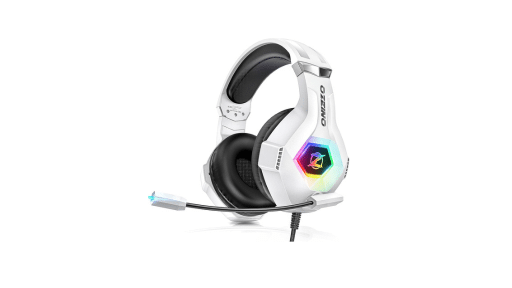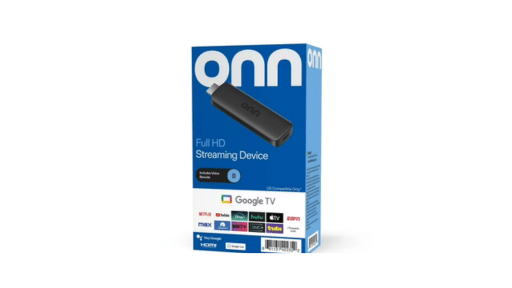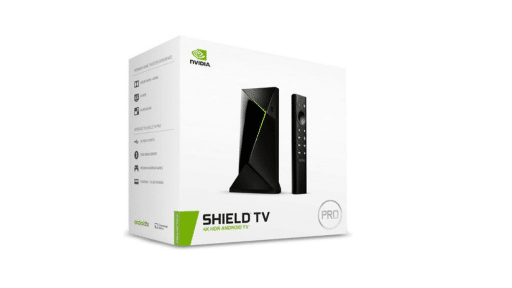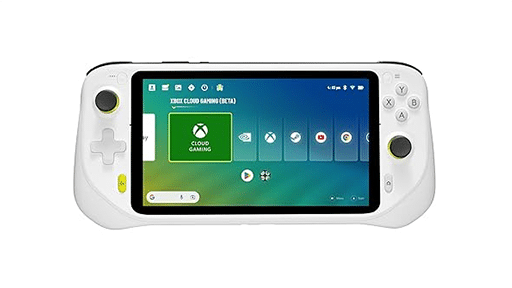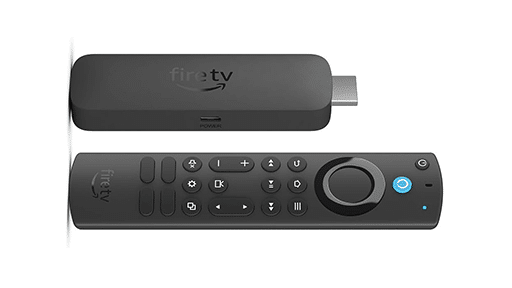(Staff Member Editorial)
This week Microsoft’s unfortunate position in the courts took a sudden turn for the good in two areas. Firstly, Game Developer reported that Microsoft requested (and was granted) that Sony produce documents to show the details regarding exclusive licensing agreements for its platforms; along with internal communications from relevant executives regarding platform strategy and financials. The FTC, which is the U.S. regulator responsible for holding this deal up, granted the request with some alterations.
Secondly, Reuters reported on 3 anonymous sources that the European Commission is apparently satisfied with Microsoft’s concessions to their anti-competitive concerns. One of the hold-ups on the other side of the Atlantic is that Microsoft would stand to benefit from keeping their content from the broader gaming market, like PC, Cloud and other major game consoles. Microsoft recently signed deals with both Nvidia and Nintendo that secured a 10-year guarantee for Call Of Duty games to release on those platforms. That move, which Microsoft made without the request of the courts, must have shown enough good faith in Microsoft’s claims. That they intend for this deal to make gaming MORE accessible, not less.
Both of these events are significant. They show that Sony is blowing a lot of their arguments out of proportion, and that the courts are perhaps privy to their exaggeration. Sony has long argued that Microsoft aims to put them out of business with this acquisition. Microsoft has argued back that Sony isn’t even in their consideration with this deal; that they are instead focusing on mobile gaming and securing future growth in relation to market movements. Basically, this is a long term move for gaming as a whole, not just on console.
The Liar is the Accuser?

A lot of people want to call Microsoft liars when they hear this argument, but in fact, it’s reasonable to believe they’re telling the truth. Microsoft’s acquisition of ABK gives them an amazing cushion over the next decade. ABK is the only major third party publisher with a library of games that stretches across the entire gaming spectrum of mobile, PC, and console. ABK positioned themselves to thrive in any market condition, wherever the winds may blow in the next ten to fifteen years,
Last year Capcom was open about their bullish ambitions in the PC market. Meanwhile, Take-Two purchased Zynga to bolster their mobile revenues, and Amazon and Riot have continued to develop games exclusively for PC. Yet for all the money made in PC and mobile, all major gaming consoles continue to fly off the shelves, while Nintendo threatens to set an all-time sales record with the Switch. The gaming market is at a juncture where all markets seem viable, but uncertainties threaten the in the mid-to long term future.
Mobile is King
Mobile is the most lucrative market by far, but modern governments around the world are beginning to close in on the predatory tactics that allow mobile games to thrive. No one knows how regulators will react when the accountants show how much money is at stake. That reality threatens the market’s viability, because if free to play games get the whip, operating margins will suddenly take a nose-dive. If you’re a major gaming company, you also want your eggs in the PC and console baskets, just in case this happens.
Microsoft has been open about the position they want to be in. Their obvious moves in selling their games on Steam as well as their own Xbox app on Windows has shown they just want their games to sell-they don’t care where. The continued success of Call of Duty and Candy Crush on mobile justifies the purchase on its own.
Sony isn’t a threat to Microsoft because they live in a “console” mindset. They are a company that releases their games on PC years after they have had time to flourish on PlayStation. Simultaneously, they have spent the last five years casually flirting with mobile gaming but putting no significant effort behind any released titles. Meanwhile they lag in the cloud gaming market despite having the technology for over a decade. A single failure in the handheld gaming space discouraged them from ever revisiting it, despite the overwhelming success of the 3DS, Switch, Steam Deck, and mobile peripherals like Backbone and Kishi.
PlayStale

Sony is showing they anticipate growth in revenue by doing “what works”, as they remaster their blockbusters and then adapt them for the silver screen in a clever multimedia feng shui. A financial analyst might not blame them for the ambition, unoriginal as it may be. Though behind the curtain it paints a picture of a company that knows its hit a wall, and is so petrified of failure that they’d rather fortify the bunker than push the line. Sony is right to feel threatened because “console” gaming isn’t getting bigger, and even losing 5% market share could represent an equal dip in profits because they’ve spent the last ten years failing to diversify their portfolio.
Microsoft isn’t competing in the console space because the last decade has shown that they aren’t going to win there. In the case of Xbox, they’d rather just keep the customer base they have now happy while they put the bulk of their energy exploring new markets like Cloud and Mobile. Microsoft won’t say it out loud because Stadia and Luna are still open wounds.
The very threat of an ABK acquisition was enough to incentivize Google to throw in the towel. Luna hangs on for dear life as staff cuts and stale libraries summarize the most interesting things to say about the service. Forging a contract with Nvidia was genius because it seeds interest in a platform that acts more like a hobby than a business. GeForce Now is a viable platform for cloud gamers and has plenty of staying power, but to say it’s competing with any gaming platform is a foolish argument. It doesn’t even have a storefront.
It Gets Better Though
The juiciest news here though, is that Sony is being forced to reveal the deals they’ve cut with third party developers. Contracts for exclusive rights and content are going to be laid out to show a company that has been far more anti-competitive in its deals than Microsoft has. The order states that Microsoft requested the release of contracts over the last decade, but denies them that span of time, instead saying that only the contracts since 2019 are relevant.
That order shows the FTC’s ignorance in the gaming market. Documents dating back to 2019 will only show contracts that cover the PlayStation 5. That period of time excludes the PlayStation 4/Xbox One generation, where Sony had an even larger share of the market and wielded even more power over exclusivity contracts. The gaming industry doesn’t deal with things annually the way most industries do. The winners and losers are decided over hardware generations that span nearly a decade. Examining contracts from the first three years of a generation paints too small of a picture.
A Win’s a Win, Microsoft
What’s interesting about the order’s statement is that Microsoft didn’t respond to the argument. Microsoft’s lawyers could have insisted on the timeline using the aforementioned argument. If they had, though, Sony would rebuttal with accusations about similar strategies utilized 15 years ago during the PS3/360 generation, when Microsoft was guilty for using exclusivity contracts on Call of Duty content. The pendulum would swing the other way and Sony would suddenly look like a victim that simply responded in kind. Better for Microsoft, then, to take a small win as victory enough. Sony’s dominance of the PS4 generation bled into their runaway success with PS5, but that’s a fact that the team at Xbox will have to keep to themselves for now.
The winds have shifted for Team Green this week. However, this doesn’t put them in a winning position just yet, the FTC will still need to be convinced about the deal being good for the industry. Microsoft isn’t well known for playing fair in the tech space, and the FTC’s suspicions look a lot like the antitrust lawsuits of the 90s if you squint. After this week, you might be right to place your bet on a coin flip.

